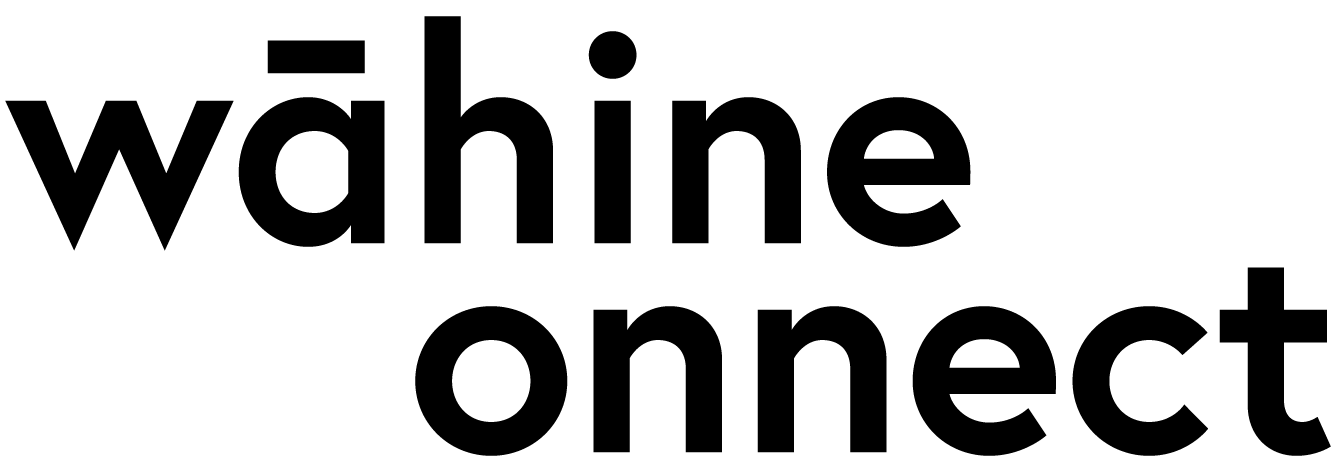Wāhine Connect is proud to announce the publication of a pivotal article in the New Zealand Medical Journal, titled “Why do women in health seek mentoring—a descriptive study of a mentorship programme for women in Aotearoa New Zealand.” This research sheds light on the transformative role of mentoring in addressing gender-specific challenges within the healthcare sector.
Since its inception in 2017, Wāhine Connect has supported over 800 women, predominantly early-career doctors, through peer mentoring, highlighting the sustained demand for structured, gender-responsive support in healthcare. The study underscores how mentoring helps navigate confidence issues, burnout, and the complex balance between professional and family responsibilities.
Dr Juliet Rumball-Smith, Board Chair and Founder of Wāhine Connect, reflects on the programme’s growth: “When I started Wāhine Connect in 2017, I truly thought I’d be happy if I could help even a handful of women. Never did I think the community would rally such that eight years later, we have helped more than 800 mentees, and all by volunteers. The statistics in this paper show the challenges women working in the health sector face, but importantly they also show the willingness of the wāhine community to provide support.”
The study reveals that Māori and Pacific mentees report higher rates of burnout and confidence issues, while Asian mentees face unique challenges related to immigration and external support systems. These insights highlight the need for tailored mentoring approaches and further research into ethnicity-specific barriers.
Dr Sarah Clarke, Clinical Lead at Wāhine Connect, emphasises the profound impact of mentorship: “Mentoring is most powerful when wāhine are in the thick of it—juggling mahi, whānau, and their own aspirations. It’s not about having all the answers, but about walking alongside someone as they find their own path. I’ve seen how that kind of support can shift the dial—not just in career decisions, but in how wāhine see themselves.”
The findings also suggest that mentoring is a cost-effective strategy for staff retention, addressing root causes of dissatisfaction and burnout, and ultimately supporting the retention of skilled professionals in the health sector.
Thank you to our incredible authors for their tireless mahi on this significant piece of work, advancing our kaupapa and the wāhine health workforce.
Full article can be found HERE or on the NZMJ Website.
For media enquiries, please contact:
Dr Juliet Rumball-Smith, Spokesperson
Ali van Barneveld, Programme Manager
Please acknowledge the New Zealand Medical Journal in all articles covering this publication.



